

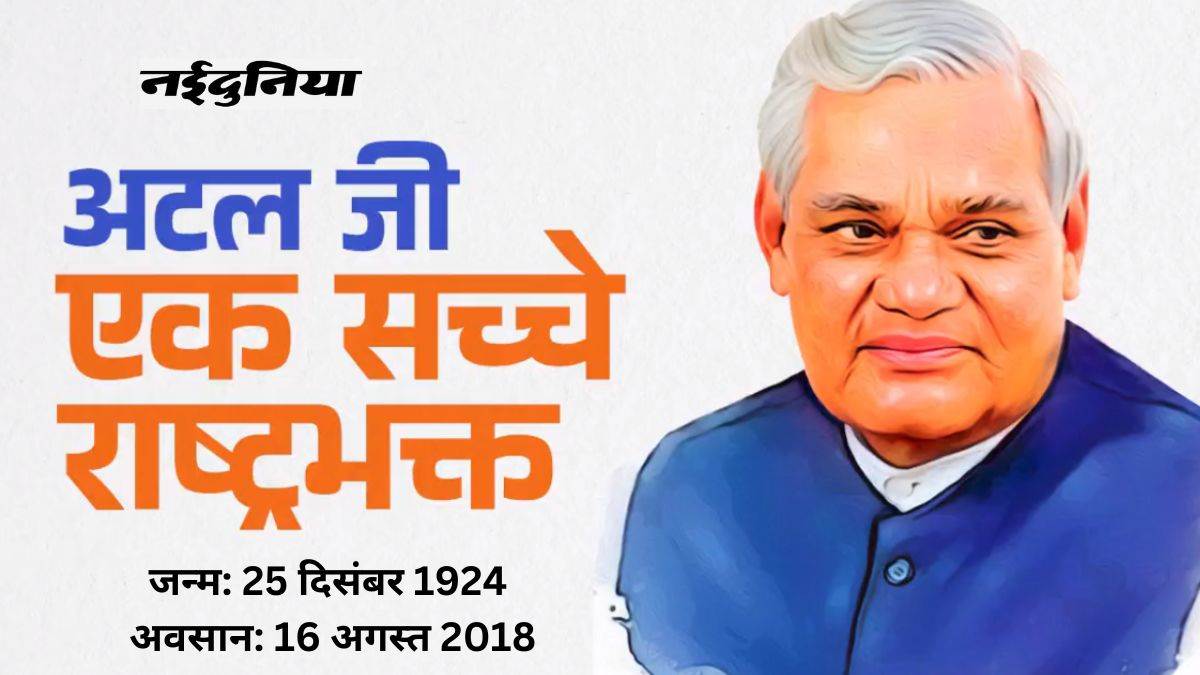
Today, on the 100th Jayanti of Shri Atal Bihari Vajpayee, our nation takes a moment to remember and celebrate the legacy of our beloved former PM. Despite inheriting a period of political instability, Atal Ji's leadership brought a sense of stability and effective governance to the nation, earning him immense gratitude and respect. Born from humble beginnings, his understanding of the common man's struggles and the power of good governance is an inspiration to many.
Legacy of Atal Bihari Vajpayee: A Statesman Who Shaped India's Destiny
Background:
Atal Bihari Vajpayee, India's 10th Prime Minister, was born on December 25, 1924, in Gwalior. He began his political career in the 1940s, joining the Bharatiya Jana Sangh (BJS). Vajpayee rose through the ranks of the BJS, becoming its president in 1968. He played a pivotal role in the BJS's merger with several other parties to form the Bharatiya Janata Party (BJP) in 1980.
Leadership and Legacy:
Vajpayee served as Prime Minister thrice, with his first term lasting from 1996 to 1997. However, it was his second term, which spanned from 1998 to 2004, that cemented his legacy. During this period, India experienced unprecedented economic growth and stability. Vajpayee's leadership was characterized by pragmatism, consensus-building, and a commitment to national unity.
Some of the key achievements of Vajpayee's government include:
Vajpayee's leadership extended beyond the realm of domestic policy. He played a pivotal role in resolving the long-standing conflict between India and Pakistan, culminating in the "Lahore Declaration" in 1999.
Top 5 FAQs Related to Atal Bihari Vajpayee:
1. What was Vajpayee's first significant political role? Answer: President of the Bharatiya Jana Sangh
2. In which year did Vajpayee become Prime Minister for the first time? Answer: 1996
3. What was the name of Vajpayee's economic policy? Answer: "India Shining"
4. Which major infrastructure project was initiated by Vajpayee's government? Answer: Golden Quadrilateral highway network
5. What was the impact of the "Look East" policy on India's foreign relations? Answer: Strengthened economic and diplomatic ties with East Asian countries
Conclusion:
Atal Bihari Vajpayee was a statesman who left an indelible mark on India's history. His leadership, vision, and commitment to progress transformed the nation into a global powerhouse. As India celebrates the 100th birth anniversary of its beloved former Prime Minister, it is fitting to reflect upon his legacy and draw inspiration from his unwavering dedication to the country.

Uttarakhand Chief Minister Pushkar Singh Dhami visited Madhya Pradesh to extend his greetings to CM Mohan Yadav on the completion of one year in office. Dhami, along with Yadav, inaugurated the renovated Lakha Banjara Lake and laid the foundation stone for various public welfare projects in the Bundelkhand region. Dhami praised the progress of the region under Yadav's leadership and also mentioned the upcoming visit of PM Narendra Modi to lay the foundation of the Ken-Betwa river interlinking project.

Government leaders from across the country came together in Delhi at a special ceremony to pay their respects to former Prime Minister Atal Bihari Vajpayee on his 100th birth anniversary. CM Chandrababu Naidu praised Vajpayee's leadership and his significant contributions to India's development, stating that his vision and ideas will always be remembered. Vajpayee, who passed away in 2018, was known for his leadership and important role in shaping India's future.
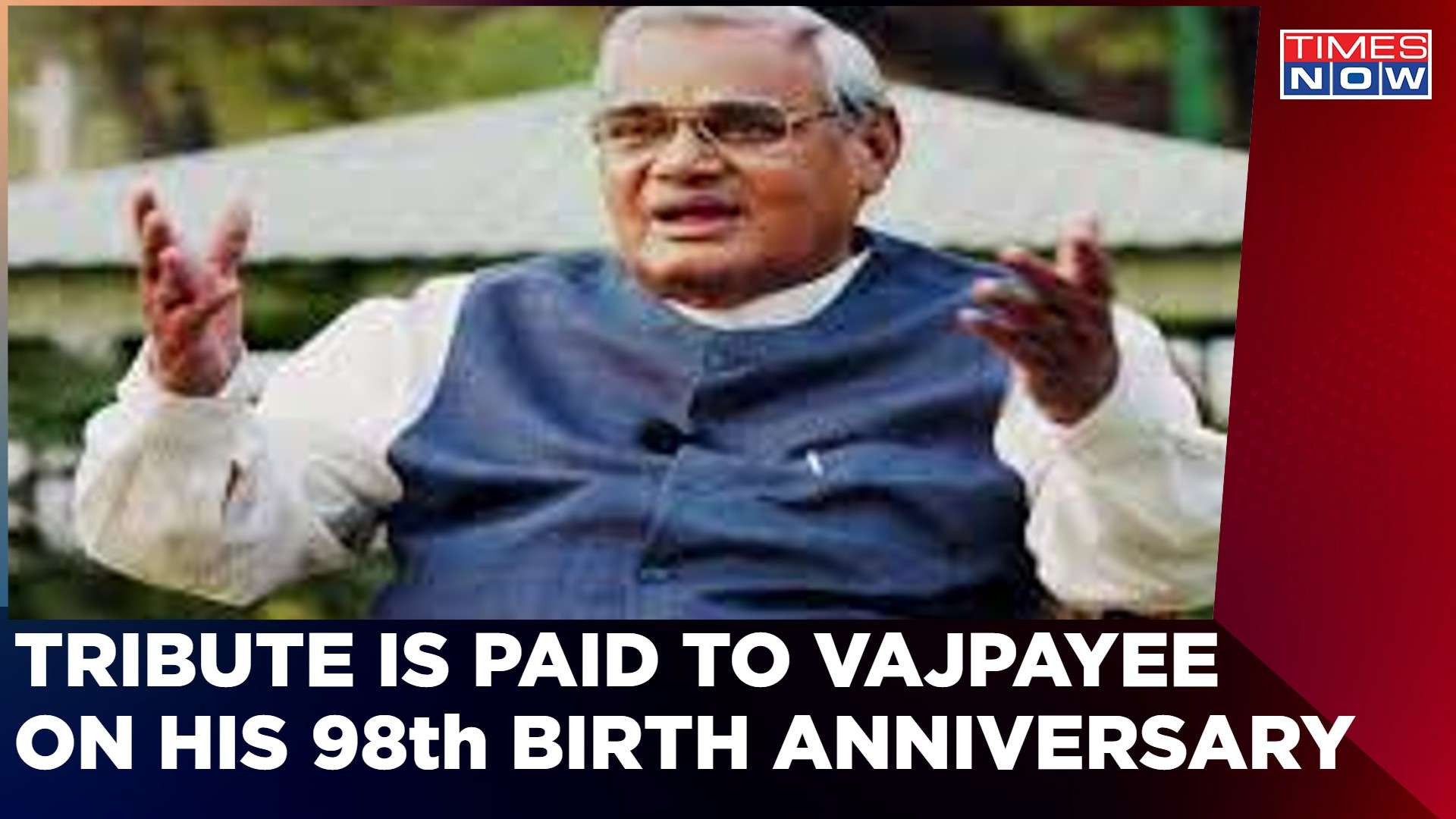
On the 100th birth anniversary of former Prime Minister Atal Bihari Vajpayee, Prime Minister Narendra Modi paid homage to the late political leader for his remarkable contributions to India's progress and transformation. PM Modi highlighted Vajpayee's achievements, including the Golden Quadrilateral project, nuclear tests, and his dedication to strengthening democracy and the Constitution. He also recalled the challenges India faced before Vajpayee took office in 1998, emphasizing the significant impact of his leadership on the country.
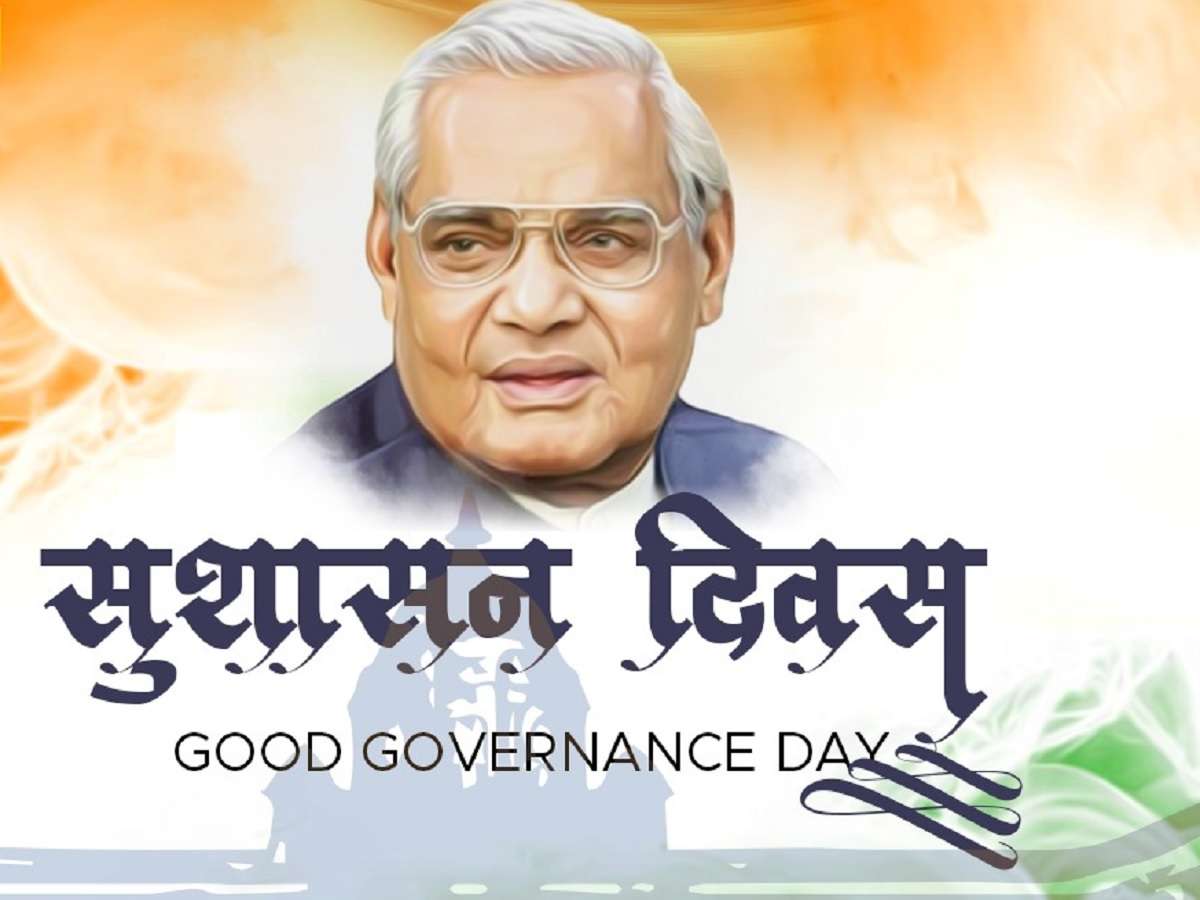
In 2024, India will observe Sushasan Diwas or Good Governance Day, which celebrates the birth anniversary of former Prime Minister Atal Bihari Vajpayee. This day aims to raise awareness about government accountability and administration while promoting good governance practices among Indian civil servants. As a poet-politician, Vajpayee's contributions during his tenure saw the implementation of initiatives like Kisan Credit Card, Pradhan Mantri Gram Sadak Yojana, and Sarva Shiksha Abhiyan. This year, the theme for the celebrations is "India's Path to a Viksit Bharat: Empowering Citizens through Good Governance and Digitalisation," highlighting the importance of active participation from both the public and government for a better India.
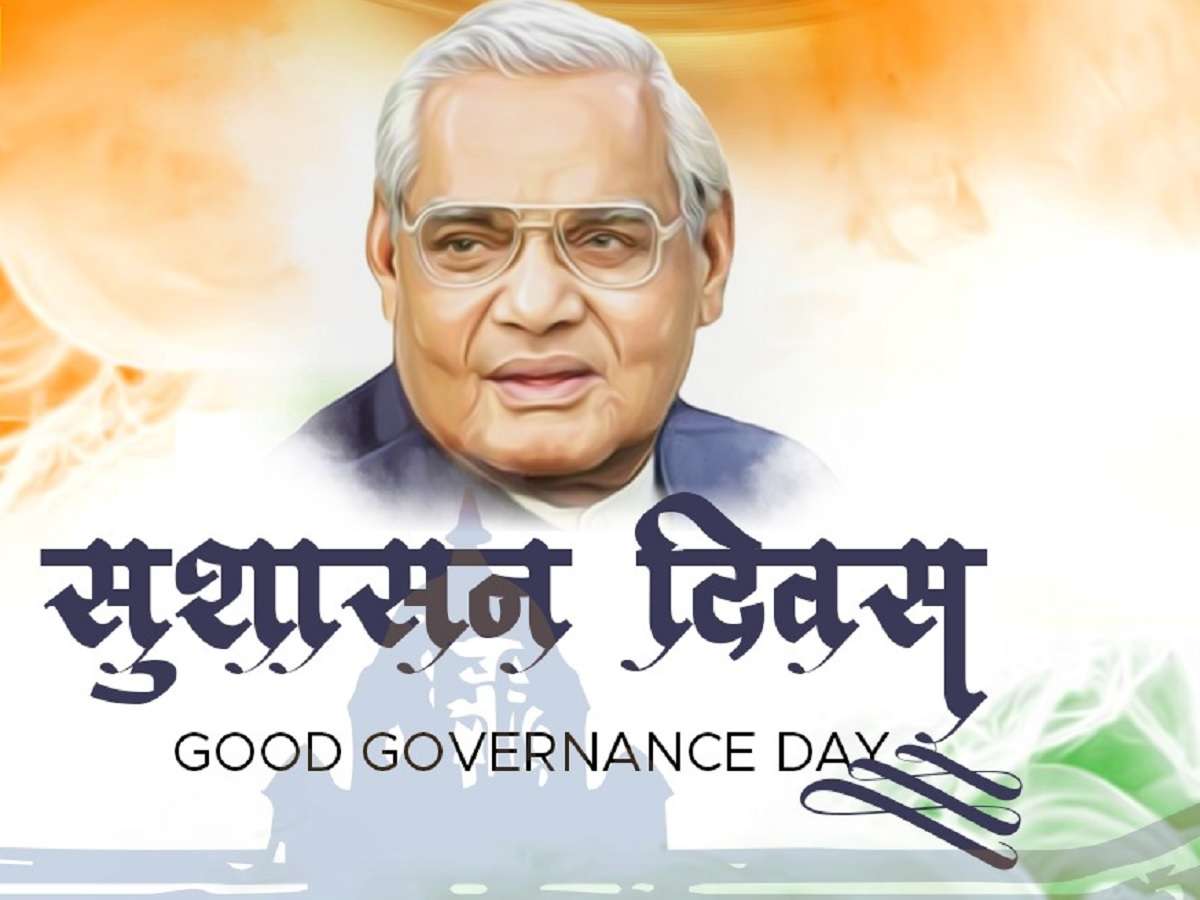
As India celebrates its 100th Good Governance Day on December 25, the country honors former Prime Minister Atal Bihari Vajpayee's contributions to responsible governance. With initiatives such as the Ken-Betwa River Linking Project and Atal Gram Sushasan Buildings, Vajpayee laid the foundation for transformational reforms in rural development. Prime Minister Narendra Modi's upcoming visit to Khajuraho on the occasion will unveil a series of development projects and initiatives in Vajpayee's honor.

On December 25, the birth anniversary of former Prime Minister Atal Bihari Vajpayee, the Indian government observes Good Governance Day as a way to honour his leadership and services to society. The day serves as a reminder of the responsibilities and roles of the government in providing equitable treatment and services to its citizens, bridging the gap between them and fostering active engagement. Since its establishment in 2014, Good Governance Day has been annually observed to promote transparent and effective governance in the country.

On his birth centenary, the legacy of former Prime Minister Atal Bihari Vajpayee continues to be a cornerstone of Indian politics. Known for his impeccable oratory skills and innate democratic spirit, Vajpayee was a key figure in the BJP's rise to power and the formation of a stable coalition government. Despite facing criticism from right wing organizations for not pushing their agendas, Vajpayee's firm leadership and good governance policies earned him respect and affection from across the political spectrum. From navigating national crises to implementing major infrastructure projects, Vajpayee left an indelible mark on Indian politics.
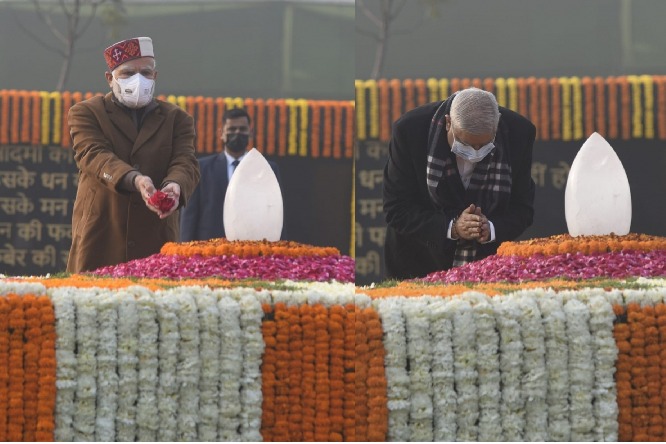
The Namsai district unit of the Bharatiya Janata Party (BJP) celebrated the 100th birth anniversary of Atal Bihari Vajpayee with an exhibition showcasing his remarkable journey and contributions to the nation. Deputy Chief Minister Chowna Mein highlighted the significance of the Good Governance Day, observed annually on 25 December, and spoke of Vajpayee's principles of transparent and citizen-centric governance. He also praised the transformative development of Arunachal Pradesh under the leadership of Prime Minister Narendra Modi and Chief Minister Pema Khandu, highlighting key projects such as hydropower and railways. The event was attended by political leaders and party workers.
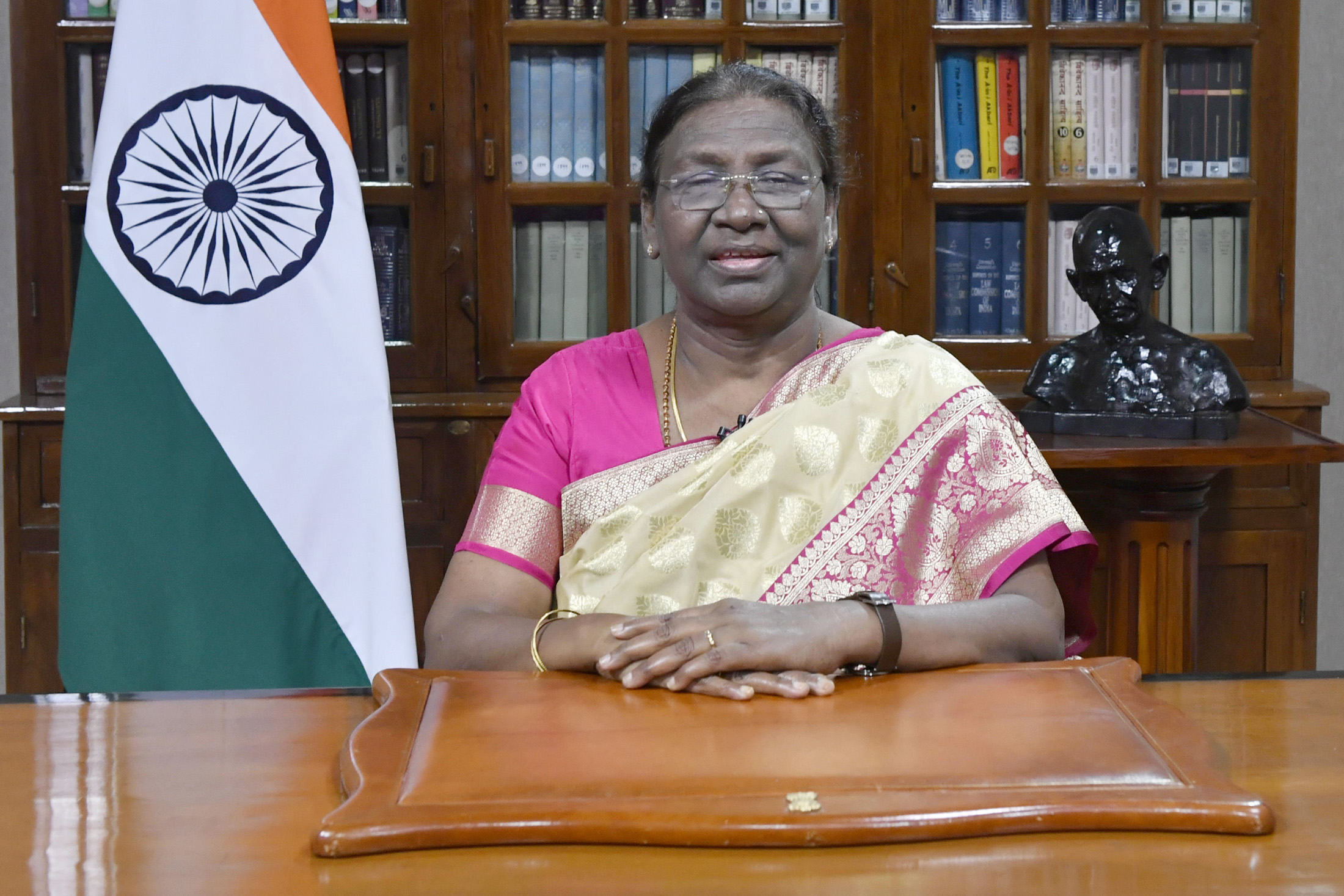
On the eve of Christmas, President Droupadi Murmu sends warm greetings to the people and expresses a hope that the world will see an increase in trust and forgiveness among individuals and nations. This will lead to a closer relationship among people of different backgrounds and beliefs, promoting peace and unity.